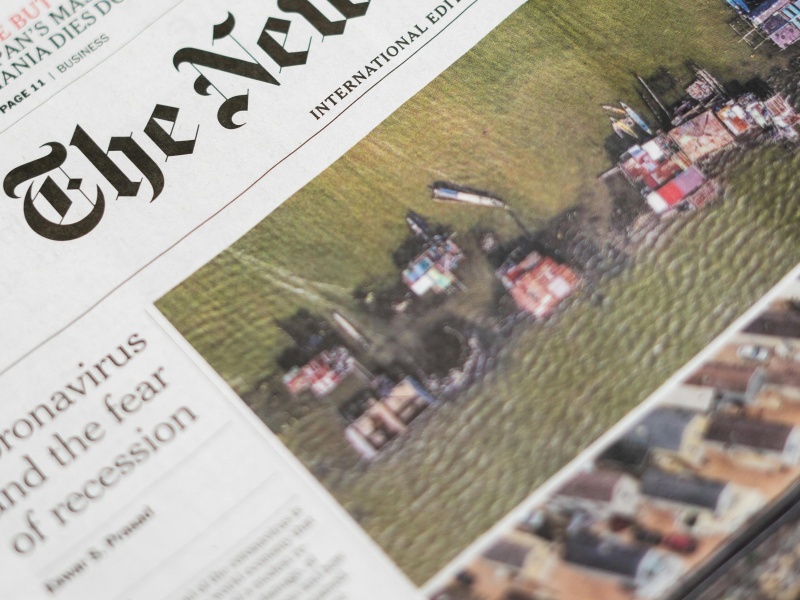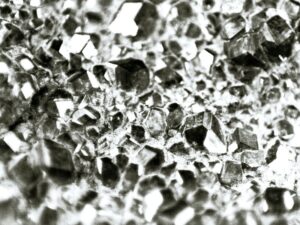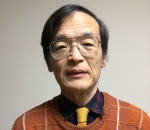
Hello Readers,
I want to tell you an interesting story about how Newsweek USA and Newsweek Japan reported the same news differently.
I read a story in Newsweek USA about plastic teabags. Scientists in Spain found that when you put some teabags in hot water, tiny pieces of plastic come out. They found that one teabag can release one billion very tiny plastic pieces in just one small cup of tea!
Here’s what was interesting: Newsweek USA later added important new information about how to avoid dangerous teabags. But when I looked at Newsweek Japan, I found that they didn’t include this important update.
In the Japanese version, the story just ends by telling us about the problem. It almost makes readers feel like there’s nothing we can do about it.
I called Newsweek Japan’s office to ask why they didn’t publish the update. They simply said they chose to use only the first part of the story, and that Newsweek USA lets them choose what to report.
Even now, Newsweek Japan hasn’t shared the updated information with its readers. I think this isn’t right!
I’m sharing this story as my small protest against big news companies. Even though I’m just one person making a small complaint, sometimes small things can make a big difference – just like those tiny plastic pieces in our tea!
私立学校に英語教師として勤務中、40代半ばに差し掛かったころ、荒れたクラスを立て直す策として、生徒に公言して英検1級に挑戦することを思い立つ。同様の挑戦を繰り返し、退職までに英検一級(検定連合会長賞)、TOEIC満点、国連英検SA級、フランス語一級、スペイン語一級(文科大臣賞)、ドイツ語一級、放送大学大学院修士号などの成果を得る。
アメリカで生徒への対応法を学ぶ為に研修(地銀の助成金)。最新の心理学に触れた。4都県での全発表、勤務校での教員への研修を英語で行う。現在も特別選抜クラスの授業を全て英語で行っている。「どうやって単語を覚えればいいですか?」という良くある質問に答える為、印欧祖語からの派生に基づく「生徒には見せたくない語源英単語集」を執筆中。完成間近。常日頃洋書の読破で様々な思考にふれているが、そうして得た発想の一つを生かして書いた論文がコロナ対策論文として最近入賞。賞品の牛肉に舌鼓をうっている。元英検面接委員



